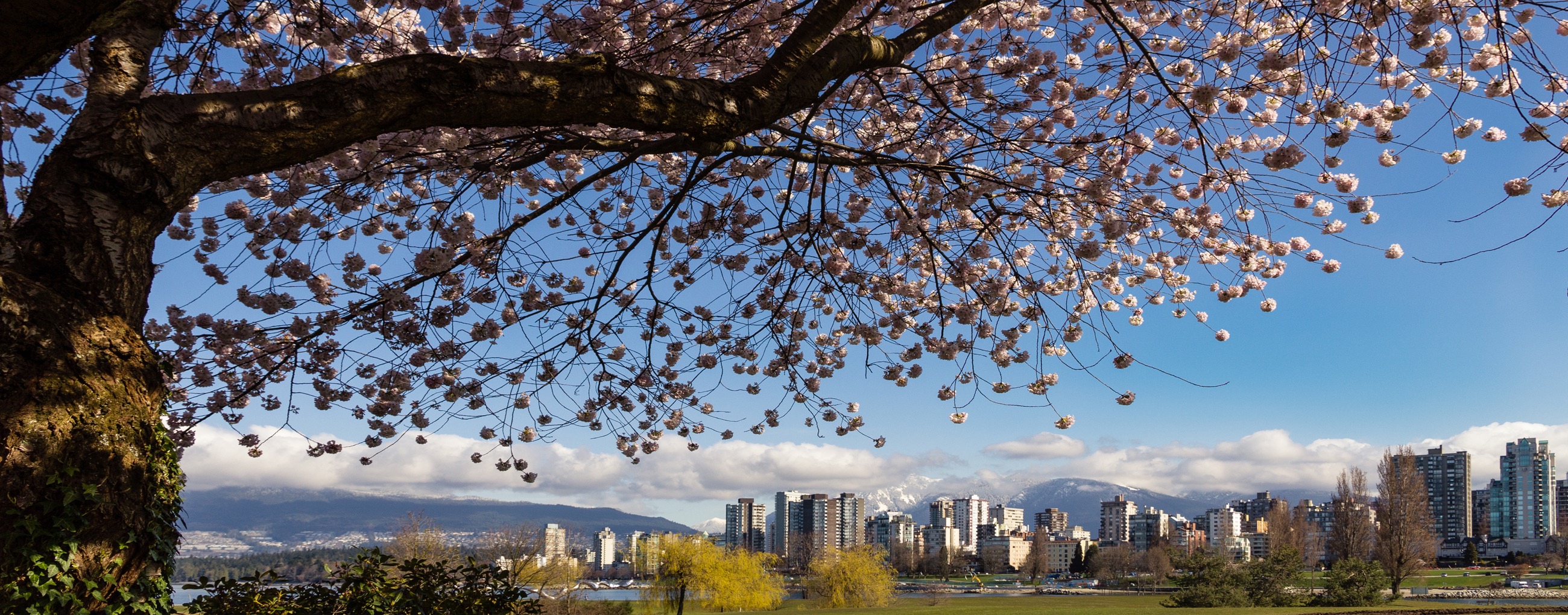
16
April 2019
Never mind the rain: In terms of property appeal, Vancouver continues to shine. Hardly surprising. It’s tough to improve on our city, with its Pacific Rim location, climate, and lifestyle and cultural amenities. Set against that appeal, though, are the nonstop shock-news stories about too-high prices, vacant homes with offshore owners and money from suspicious sources distorting the market in general.
Even for those involved in the building and construction industry, it can be a challenge to understand the varying situations at play. In this article, we filter out the shock factor and present a balanced, clear-eyed view of what’s going on.
Immigrant ownership of residential properties
From the late 1990s on, immigrants have become a key driver of our city’s population growth. And that, according to Statistics Canada, translates to immigrants owning a key segment of property. Of Vancouver’s population, 41% are immigrants and 37% own property here.
Diving deeper into the stats, immigrants own single-detached houses with an average assessment value of $1.8 million. That’s $255,100 above the average value of single-detached homes of Canadian-born residents. By contrast, immigrant-owned single-detached homes in Toronto have an average value of $50,000 less than those of Canadian-born owners.
Recent immigrants, i.e., those who arrived from 2009 to 2016, own 5% of single-detached properties in Vancouver. Average assessment for these properties: $2.3 million, $823,900 higher than the average properties of Canadian-born owners.
The problem—and the fixes
No one disputes that for a long time Canada was more or less asleep at the wheel as questionable money deluged Vancouver’s real estate market. Bloomberg News is blunt in describing “the seamy mingling clean and dirty cash in casinos, real estate, and luxury goods made possible by historic ties to China and by Canada’s lax record of fighting financial crime.” So seamy, in fact, that a term for similar circumstances occurring anywhere else around the globe is—get ready to cringe—the Vancouver model.
The Institute of International Finance pegs the total assets spirited by rich Chinese to foreign shores at a whopping $800 billion. And that’s just since mid-2014! Bloomberg, never shying away from hyperbole, calls the effect on Vancouver a “tidal wave [of] of economic, demographic and physical transformation.” As examples, Bloomberg cites “Alberni Street, a formerly dowdy downtown thoroughfare, [which] has in the past decade welcomed a two-level Prada boutique with a black marble facade, one of the largest Rolex showrooms in North America, and a 62-story tower with a five-star Shangri-La hotel.”
To combat the seamy-money deluge—and assuage Vancouverites’ indignation about skyrocketing home prices—the B.C. government is raising taxes on foreign buyers, stiffening transparency rules, and keeping a much sharper eye on both financial institutions and casinos.
The challenge: increasing Vancouver’s competitiveness
But measures to block shady money aren’t all Vancouver needs. BC Business reports on widespread concerns that, for all our city’s advantages, we should be attracting a lot more investment, e.g., in head offices.
“It almost hurts to think about the opportunity we are missing,” Miklos Dietz of McKinsey & Co. tells BC Business. “Especially with current geopolitics and global trends of talent moving all over the world, we should be the biggest winner.”
Then why aren’t we? BC Business notes Vancouver’s diversified economy, low unemployment, burgeoning technology industry, educated and skilled workforce, quality and life and, as mentioned earlier, location, location, location. Notwithstanding all that, compared to other places, British Columbia suffers from low productivity.
Many blame B.C.’s off-putting tax load. Since 2013, says Greg D’Avignon, president/ CEO of the Business Council of B.C., “We’ve seen a $5.1-billion increase in the taxes alone on businesses operating in this province.” Ouch. And Shuswap MLA Greg Kyllo targets the new Employer Health Tax (EHT) for “putting an extra $1.9 billion right on the backs of B.C. business owners and employers.” EHT is, Kyllo adds, “an assault on business.”
Still, D’Avignon feels bullish about B.C.’s future. Investment in land and property will only continue, he says. And, with an adjustment to some of the above-mentioned fundamentals, Vancouver could take its place among the top business tier of world cities.
Further reading: